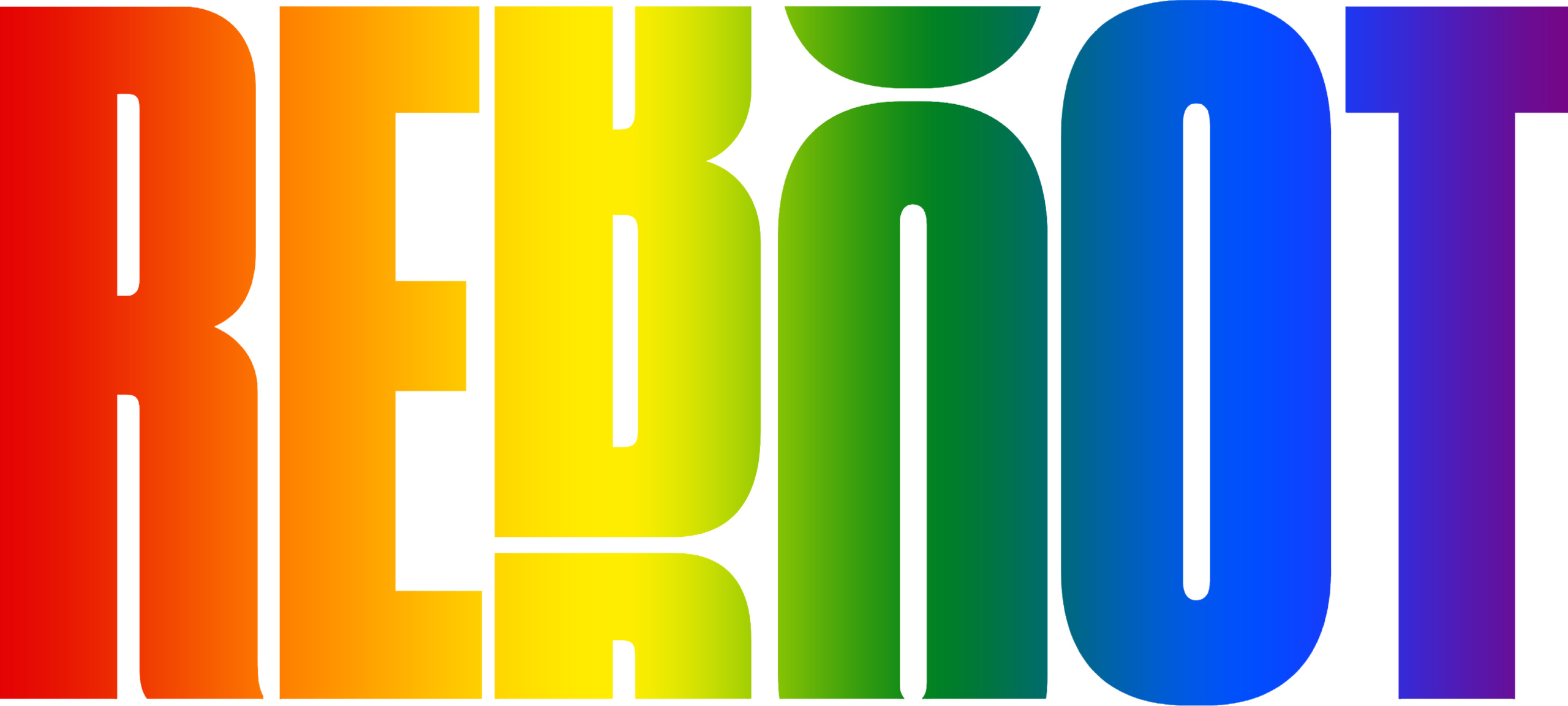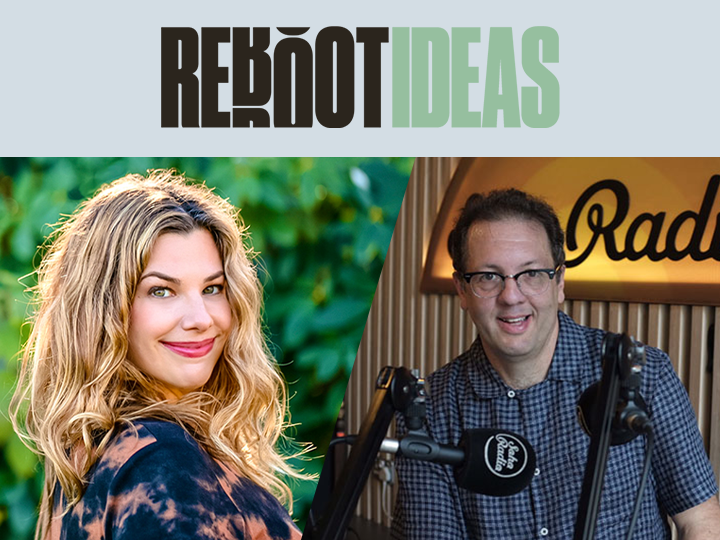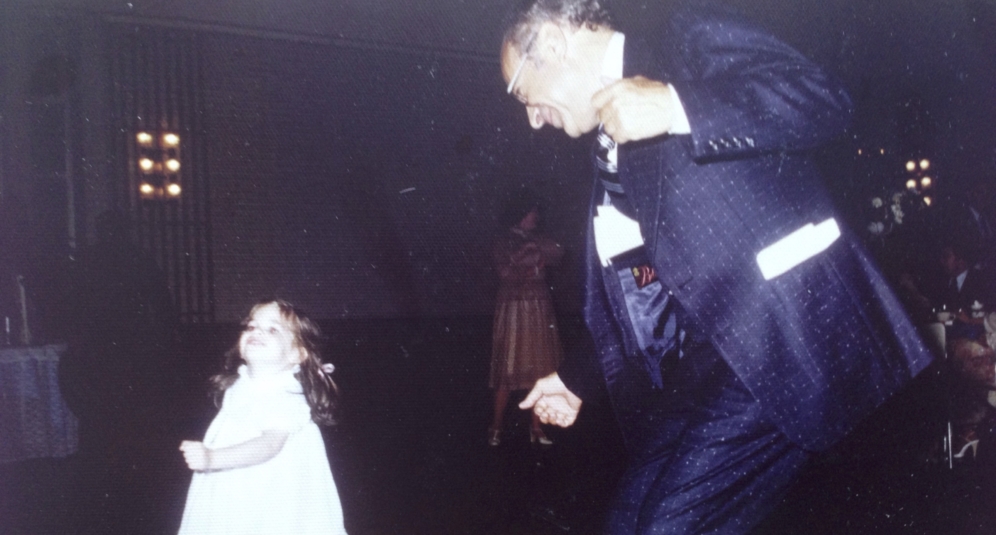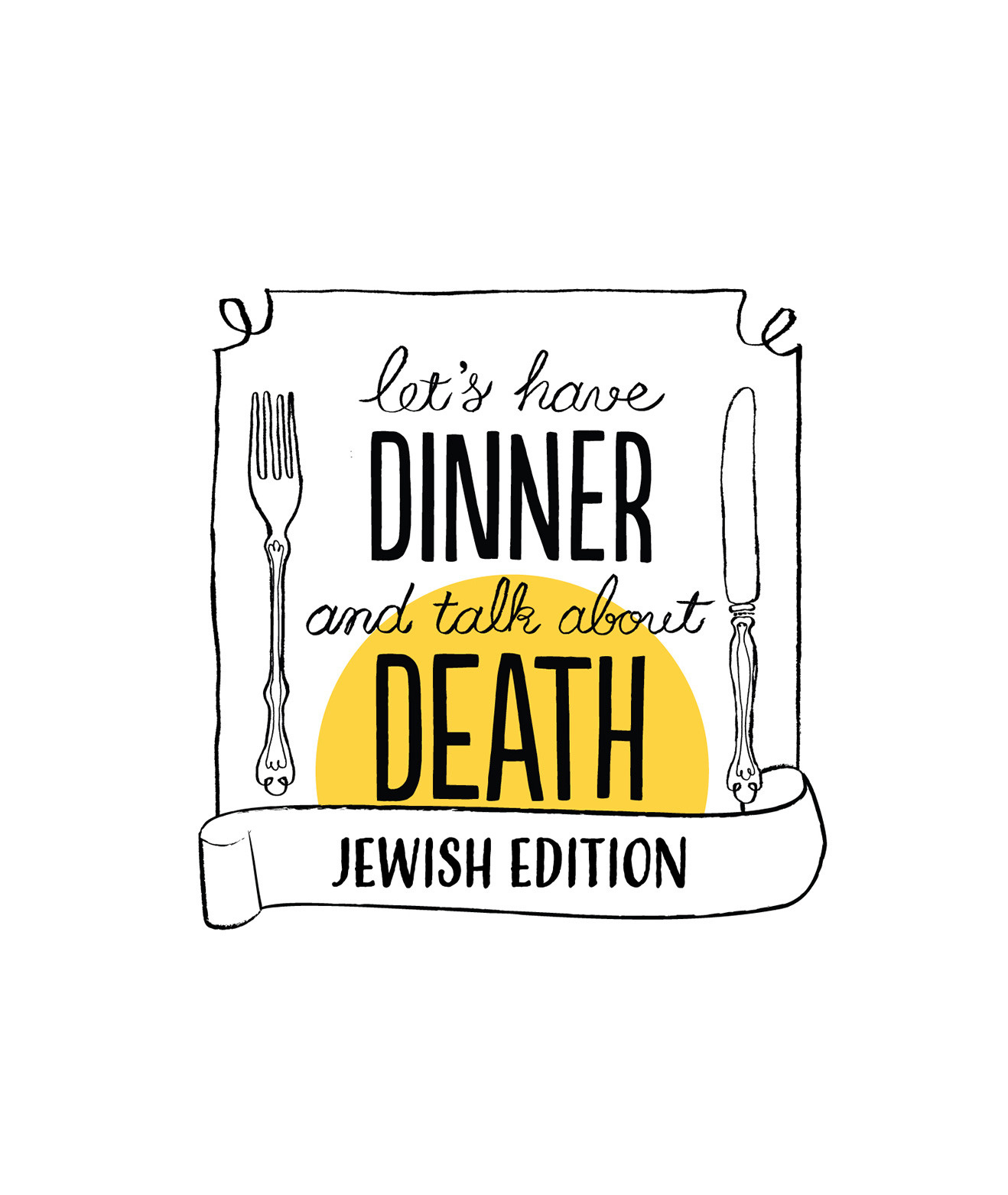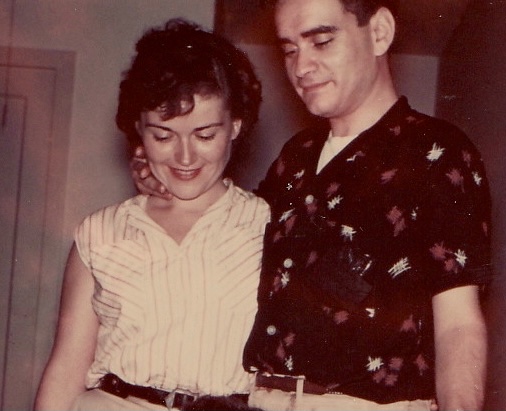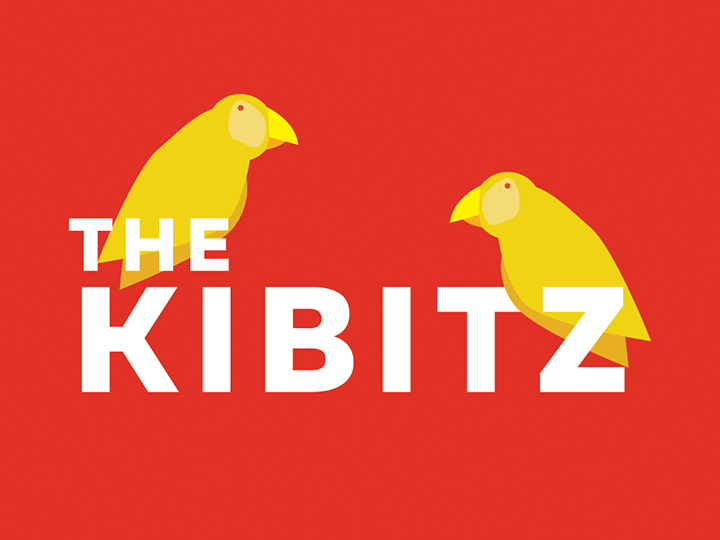A Relationship Tied Together by Memories
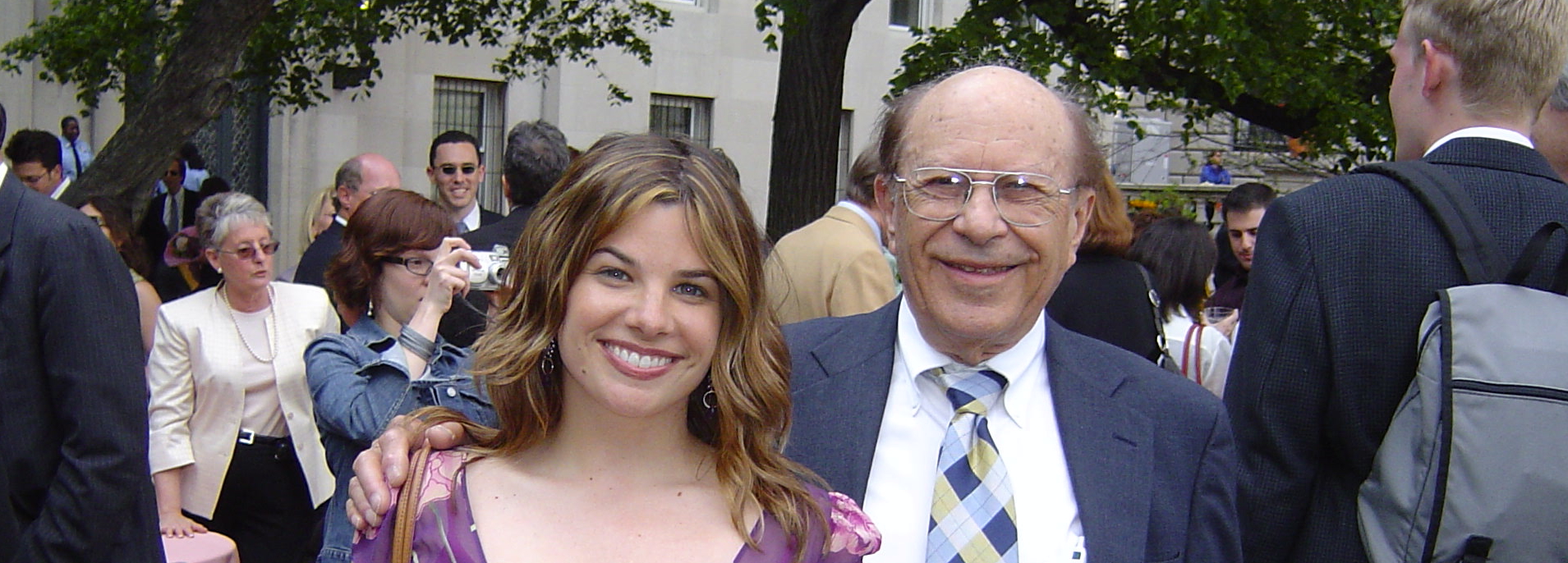
When I was a little girl sitting between my parents at High Holiday services in suburban Philadelphia and bored out of my skull as the rabbi delivered his (very, very long) sermon, I’d entertain myself by playing with my dad’s tallit, braiding the tzitzit, the long strands at the corners.
We were extremely close. Our relationship was anchored in pun-offs, Mel Brooks movie marathons and summer evenings practicing my softball pitch in the front yard. But he was also the parent with which I butted heads frequently – chalk it up to mutual stubbornness. I don’t think I could have articulated it at the time, but those quiet moments, when I was trapped in my old-school temple with my dad at my side, playing with a silvery shawl became one of my favorite rituals connecting the two of us.
My dad died from a heart attack in December 2010. The last time I wore his tallit was when I wrapped it around my arms at his shiva, which was held in the now-completely-unoccupied home of my parents (my mother had died four years beforehand). Afterward, in my haze of grief and numbness, I stuffed it as high as possible into my bedroom closet. I didn’t want to think about it, remember the closeness, remember any of the love I’d been given by them. It was too painful at the moment.
In September 2019, on the last Rosh Hashanah before Covid, I happened upon the tallit while looking for something. I pulled it out in its blue crushed velvet bag with the silver embroidered Star of David and decade-old musky smell, and wore it to yizkor.
At a particularly difficult part of the ceremony, a familiar but deeply uncomfortable loneliness washed over me as I remembered happy family holidays long gone and the peace that came with easy togetherness. I felt as l though I might burst into tears at the service, so I automatically stared intently down at the tzitzit in an attempt to hold myself together.
For the first time, I noticed the strands. Every single one was still braided. My dad had never undone them, even decades after I’d last sat by his side at Har Zion Temple in Penn Valley, Pennsylvania, in a bad perm and braces. Those kinds of grief and memory sneak attacks are normally pretty painful. But at that moment, it was just what I needed, and I invited it to stay a bit longer by pulling that tallit even tighter around my shoulders. It wasn’t as good as an actual hug from him, but it was something.
Around the High Holidays, I always reflect on memory and ritual, who has been in my life and how they can still be present in some way. Sometimes it’s as obvious as noticing a braided tzitzit right before you completely lose your cool. Other times, it takes a bit more creativity. But the thing I have come to believe, and the thing that I certainly didn’t see in the early days of my loss, is that the relationship lives on.
Rebecca Soffer is cofounder of Modern Loss, which offers creative, meaningful and encouraging content and global community addressing the long arc of grief. She is also the author of the bestselling “The Modern Loss Handbook: An Interactive Guide to Moving Through Grief and Building Your Resilience” (Running Press, 2022) and coauthor of the book “Modern Loss: Candid Conversation About Grief. Beginners Welcome”, which The Strategist named a best book on loss for a younger generation. She has been featured across media, including on CBS Mornings, CBS Sunday Morning, NPR, CNN, and CTV; spoken internationally at Chicago Ideas Week, HBO, Capital One, and Amazon; and written for outlets such as The New York Times, TIME, Marie Claire, Glamour and NBC. Rebecca is a Peabody Award-winning former producer for The Colbert Report and a Columbia University Graduate School of Journalism alumna.
Join Rebecca with renowned music journalist Pete Paphides (Broken Greek) for a candid, warm, and even humorous conversation explore the common themes of loss and renewal (transformation) during this high holiday season. Presented with JW3 on October 19 – tickets here.
